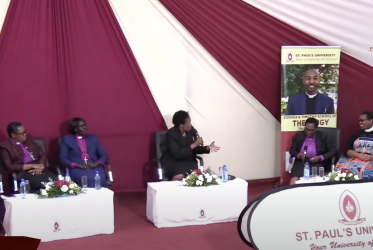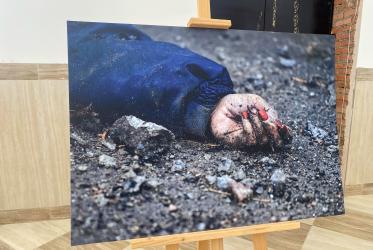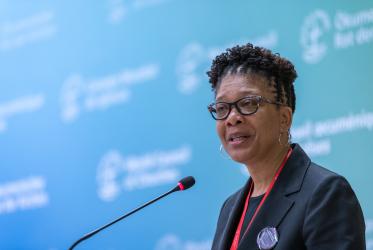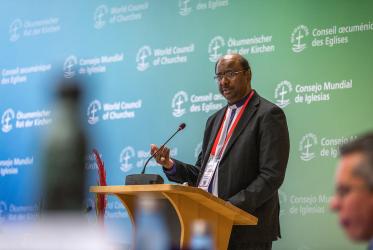Displaying 1 - 20 of 126
WCC, WHO commemorate 50 years of collaboration
04 April 2024
Voice of churches vital during UN women’s rights talks
28 March 2024
Compendium of Promising Practices of African Faith Community Interventions against Paediatric and Adolescent HIV
Executive Summary
23 March 2024
“Circle of Prayer” reverberates out from Dover—to the world
21 February 2024
As femicide cases rises, Kenyan religious leaders move to act
06 February 2024
Tackling sexual violence in war
14 December 2023
WCC webinar explores decolonizing beauty
11 December 2023
Recommended Practices to Combat HIV-Related Stigma
A Guidebook for Local Faith Communities
05 October 2023


















